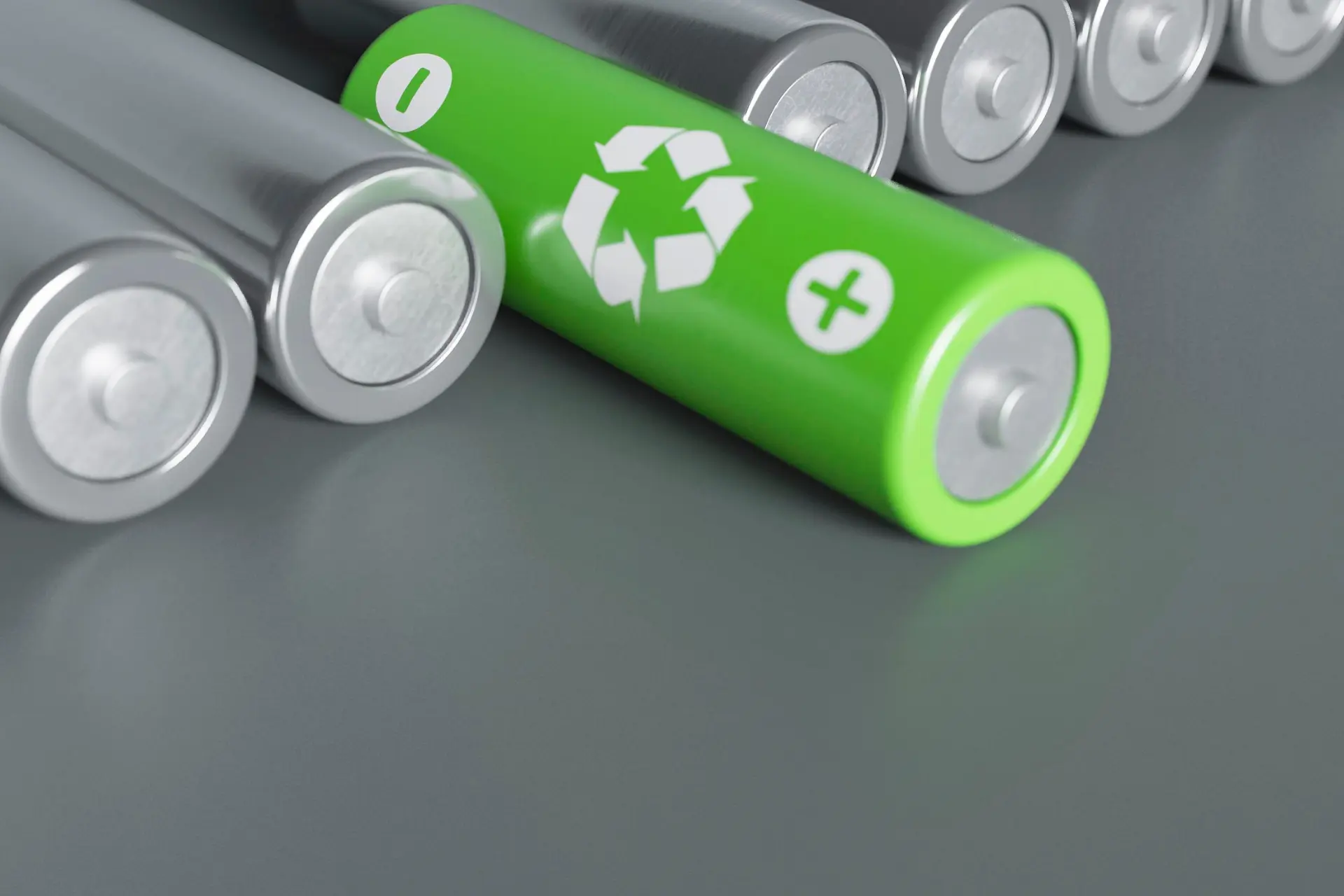Introduction to EUDR Regulations
On 29 June 2023, the European Union introduced the EU Deforestation Regulation (EUDR), marking a pivotal step in tackling global deforestation and forest degradation. Effective from 30 December 2024, the EUDR places stringent requirements on businesses importing or exporting commodities associated with deforestation, aiming to create a sustainable supply chain. Here’s what you need to know about this transformative regulation.
At 4Pack, we understand that the packaging industry is uniquely positioned in this conversation. Packaging is often at the centre of compliance, from sourcing deforestation-free materials to ensuring transparency across supply chains. This article provides a comprehensive breakdown of the eight most critical aspects of the EUDR and offers actionable insights to help you prepare.
Whether you’re just beginning your compliance journey or looking to refine your strategy, this guide is here to help. And remember, if you have questions about how the EUDR affects your packaging, sourcing, or product lines, 4Pack is your partner in navigating these changes.
1. A Broad Range of Commodities and Products Are Covered
The EUDR applies to seven core commodities and their derivative products, which are known contributors to deforestation:
- Cattle
- Cocoa
- Coffee
- Oil palm
- Rubber
- Soya
- Wood
These products encompass items such as chocolate, beef, leather, rubber tyres, coffee, soy-based animal feed, and books made from wood products. To confirm whether your product falls under the EUDR’s scope, refer to the tariff classifications in the Combined Nomenclature (CN).
The regulation applies only to goods produced after 29 June 2023, excluding items made entirely from recycled materials or waste.
2. Non-Compliance Means No Access to EU Markets
Starting 30 December 2024 (or 30 June 2025 for micro or small businesses), companies can only place relevant products on the EU market—or export them—if they meet three key criteria:
- Deforestation-free: Products must not originate from deforested land post-31 December 2020.
- Legally produced: They must comply with the environmental and social laws of the country of origin.
- Due diligence statement: Companies must submit a statement proving the product’s compliance, with no more than a negligible risk of deforestation.
3. The Definition of “Deforestation-Free” Is Strict
“Deforestation-free” means that the land used to produce the commodity has not undergone conversion from forest to agricultural use after 31 December 2020. For wood products, this also includes avoiding forest degradation, such as the transformation of primary forests into plantations.
This standard goes beyond illegality: even if deforestation complies with local laws, it still violates EUDR rules. This underscores the regulation’s ambition to halt both legal and illegal deforestation.
4. Local Laws on Social and Environmental Protections Must Be Respected
In addition to deforestation rules, the EUDR mandates compliance with local social and environmental laws. These include:
- Land use rights
- Environmental protections
- Labour rights and human rights (including the rights of Indigenous peoples)
- Biodiversity conservation
- Free, Prior, and Informed Consent (FPIC) for Indigenous communities
- Tax, trade, and customs regulations
This holistic approach ensures that environmental sustainability is paired with respect for human rights and ethical practices.
5. Due Diligence Is Mandatory and Rigorous
The cornerstone of EUDR compliance is the due diligence process, which requires companies to:
- Collect detailed information about the product’s origin, supply chain, and geolocation.
- Conduct a risk assessment to determine the likelihood of deforestation or legal non-compliance.
- Mitigate risks through measures like third-party audits, additional documentation, or supplier engagement.
The resulting due diligence statement must be uploaded to an EU-wide Information System for review by authorities. Companies that fail to meet these requirements will face severe consequences.
6. National Authorities Will Conduct Inspections
The EUDR enforcement lies with national authorities in EU member states. These authorities will:
- Perform regular inspections, both announced and unannounced.
- Require corrective action if non-compliance is detected, such as withdrawing products from the market.
- Impose penalties for repeated or severe breaches.
Inspections will focus on high-risk regions, guided by the risk classification system established by the European Commission.
7. Penalties for Non-Compliance Are Severe
Non-compliance with the EUDR can result in significant financial and reputational consequences, including:
- Fines of up to 4% of annual EU turnover.
- Confiscation of non-compliant goods or revenues generated from them.
- Exclusion from public funding or contracts.
- Temporary bans from the EU market for repeat offenders.
These penalties underscore the regulation’s intent to incentivise sustainable practices and deter greenwashing.
8. Private Parties Can Raise Concerns
The EUDR empowers private parties—including NGOs, consumers, and competitors—to submit substantiated concerns about non-compliance. Authorities are required to investigate these claims, adding another layer of accountability.
This provision ensures that non-compliant companies face scrutiny from multiple stakeholders, increasing the pressure to align with the regulation.
Preparing for EUDR Compliance
To ensure your business is ready for EUDR regulations:
- Map Your Supply Chain: Identify the origin of all materials and their compliance status.
- Implement Due Diligence Systems: Gather geolocation data, assess risks, and address potential issues proactively.
- Collaborate with Suppliers: Provide training and resources to help suppliers meet EUDR standards.
- Stay Informed: Monitor updates on risk classifications and other regulatory changes.
The EUDR represents a paradigm shift in global supply chain management, aiming to protect forests, biodiversity, and communities worldwide. By adopting sustainable practices and embracing transparency, businesses can not only comply with these regulations but also gain a competitive advantage in a greener market.
Need help with compliance? Contact us today to ensure your products meet the EUDR’s stringent standards and position your business for success in the EU market.
Quick Summary
The EU Deforestation Regulation (EUDR) is more than a compliance framework—it’s a clear signal that the market is shifting towards sustainability, accountability, and transparency. This regulation is set to transform industries by holding businesses accountable for their environmental and social impact. Whether your company is directly importing regulated commodities or using them in products like packaging, the EUDR will influence how you operate and compete in the EU market.
Preparing for these changes isn’t just about avoiding penalties—it’s an opportunity to align your business with the future. By adopting EUDR-compliant practices, you demonstrate a commitment to ethical sourcing, environmental stewardship, and consumer trust. These are qualities that not only ensure compliance but also resonate with today’s eco-conscious consumers.
At 4Pack, we understand the complexities and challenges that regulations like the EUDR can bring, particularly for businesses in the packaging industry. From sourcing sustainable materials to ensuring transparency in your supply chains, we’re here to support you every step of the way. Our expertise in sustainable packaging solutions can help you navigate compliance while positioning your brand as a leader in sustainability.
If you have any questions about how the EUDR affects your packaging, materials, or products, don’t hesitate to reach out to us. Let’s work together to ensure your business is not only compliant but also thriving in a more sustainable marketplace.
Contact 4Pack today—your partner in navigating the EUDR and beyond.



